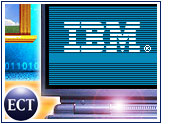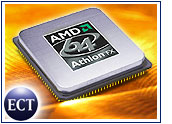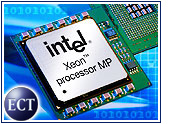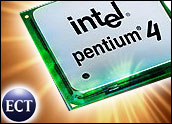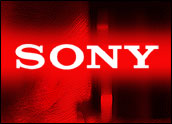
Sun Microsystems is carrying out its promise to provide Opteron-powered products for volume markets. The Santa Clara, California-based company said its expanded Solaris x86 combined with AMD’s Opteron processor would be offered in new Sun workstations and Sun Fire V20z servers, which are priced to move, according to Yankee Group senior analyst Dana Gardner.
Gardner said Sun was following through aggressively on its initiative to enter the more mainstream, industry-standard market, which has been one of the company’s successful plays in the last year. Sun’s strategy in the space comes after a failed effort to convince organizations to seek out peak performance, when the reality is that “good enough is good enough,” according to Gardner.
“There is momentum there,” he told TechNewsWorld. “Their volume sales the last couple of quarters were up and with a standards platform, they’ve already engaged the market. This is following up.”
Big Play in Big Market
Sun said its widened Solaris x86 portfolio would include the Sun Fire V40z server — available immediately with Solaris and Java Enterprise System — and the Sun Java Worksation W1100z and W2100z.
IDC group vice president Vernon Turner said Sun has differentiated itself in the x86 market with the Solaris-Opteron offerings, adding that the company will likely do well with the strategy in the US$22.5 billion x86 market.
“Initial data indicates very strong price-performance relative to other operating systems by taking advantage of the reliability and scalability features of Solaris and AMD’s Opteron processor speed,” Turner said.
Kissing 32-Bit Goodbye
Sun Network Systems Group executive vice president John Fowler said the flexibility of the AMD Opteron with Direct Connect Architecture uniquely addresses the cost and complexity of bringing four-way, x86 solutions to the market.
“By eliminating the bottleneck of a front-side bus and improving overall system performance, the combination of Sun’s Solaris x86 platform and the AMD Opteron processor now gives enterprises a comprehensive x86 server and workstation solution that cannot be matched by other solutions on the market,” Fowler said.
“AMD is on a mission to obsolete 32-bit-only servers, taking a leadership role in transitioning the industry to pervasive 64-bit computing.”
Potent Stuff
Yankee’s Gardner said Sun was building on its initial success with stepping away from peak-performance marketing and delivering a solution that allows blades and plug-ins in a build-as-you-go approach.
“It is a pretty strong offering,” Gardner said. “And the price, at US$1,000, all of which is pretty potent stuff.”
Gardner, who said Sun is hoping Solaris can compete with Linux in terms of software developer support, added that Sun’s moves would stir the competition battle between itself and HP, IBM and Dell.
Struggle over Sparc
Gartner research director Martin Reynolds told TechNewsWorld while Sun’s four-way Opteron-based servers fit in with the company’s announced strategy, the lack of support for Sparc is the subject of disagreement within Sun.
While Reynolds referred to the “different religion” of Sparc, he indicated the Opteron moves made sense and took Sun to a different market.
“It’s a good, fast processor that lets them bring Solaris to a larger number of users,” Reynolds said. “This could be the beginning of a long and successful product line for them.”

